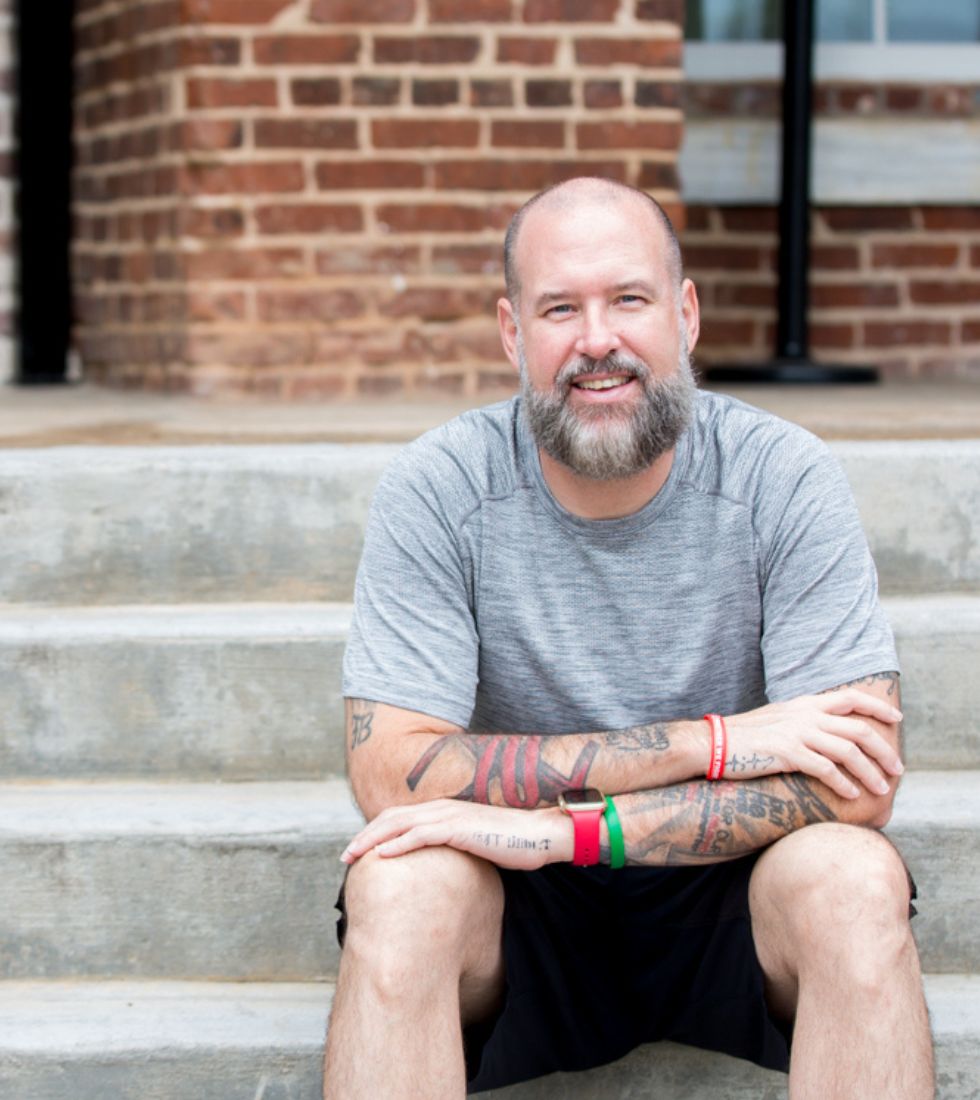Guide to Mental Health Resources
Mental health is a crucial aspect of overall well-being, and finding the right resources to support our mental health can be daunting. This article will explore a wide range of mental health resources, including crisis hotlines, online therapy platforms, support groups, and more. We’ll also discuss self-care strategies, recognizing signs of mental health issues, and ways to help others struggling.
Crisis Hotlines
In times of crisis, immediate assistance can be invaluable. Crisis hotlines provide 24/7 support for individuals experiencing mental health emergencies. Some national and international hotlines include:
Online Mental Health Resources
The internet has made it easier than ever to access mental health resources. Websites and organizations dedicated to mental health provide a wealth of information, including:
- National Institute of Mental Health (NIMH)
- Mental Health America (MHA)
- Mind (UK)
- Beyond Blue (Australia)
Online Therapy Platforms
Online therapy platforms offer professional counseling services through video, phone, and messaging. Some popular platforms include:
- BetterHelp
- Talkspace
- 7 Cups
Mental Resources Health Apps
Mental health apps can provide support and tools to help manage stress, anxiety, depression, and more. Popular apps include:
- Headspace (meditation and mindfulness)
- Calm (relaxation and sleep)
- Moodpath (mental health assessment)
- Youper (emotional health assistant)
Support Groups and Forums
Support groups and forums offer a safe space to discuss mental health issues with peers who understand your experiences. Some well-known support organizations are:
- National Alliance on Mental Illness (NAMI)
- Anxiety and Depression Association of America (ADAA)
- SANE (Australia)
- Depression and Bipolar Support Alliance (DBSA)
Educational Resources
Educational resources provide valuable information on mental health topics, helping individuals better understand their experiences. Some popular resources include:
Finding Local Mental Health Resources
To find local mental health resources, consider the following tips:
- Reach out to your primary care doctor for recommendations.
- Contact your insurance company for a list of in-network providers.
- Use online directories, such as Psychology Today, to search for therapists and support groups in your area.
- Ask friends, family, or coworkers for referrals.
- Contact localmental health organizations or community centers for resources and support.
Mental Health and Social Media
Social media can have both positive and negative impacts on mental health. Using social media responsibly and being aware of how it affects your well-being is essential. Some tips for healthily using social media include:
- Limiting screen time
- Following accounts that promote positivity and mental health
- Engaging in positive online communities
- Taking breaks from social media when necessary
Self-Care Strategies
Practicing self-care is vital for maintaining good mental health. Here are some tips for implementing self-care in your daily life:
- Prioritize sleep
- Exercise regularly
- Eat a balanced diet
- Practice mindfulness and meditation
- Set boundaries and maintain a work-life balance
- Engage in hobbies and activities you enjoy
Recognizing Signs of Mental Health Issues
Recognizing the signs of mental health issues is crucial for early intervention and treatment. Common symptoms and warning signs include:
- Persistent sadness or irritability
- Loss of interest in activities
- Changes in sleep and appetite
- Difficulty concentrating
- Social withdrawal
- Physical symptoms, such as headaches or stomachaches
- Thoughts of self-harm or suicide
How to Support Others Struggling with Mental Health
If someone you know is struggling with mental health, consider these tips to offer support:
- Listen without judgment
- Please encourage them to seek professional help
- Offer to help find resources
- Educate yourself about mental health issues
- Be patient and understanding
- Check-in regularly to show your support
When to Seek Professional Help
It’s essential to seek professional help if you or someone you know is experiencing severe mental health issues. Signs that professional service may be necessary include:
- Symptoms interfere with daily life
- Self-care strategies aren’t providing relief
- Suicidal thoughts or actions
- Persistent feelings of hopelessness or despair
- Difficulty functioning at work, school, or in relationships
Overcoming Stigma Surrounding Mental Health
Reducing the stigma surrounding mental health is crucial for fostering understanding and support. Strategies for overcoming stigma include:
- Educating yourself and others about mental health
- Sharing personal experiences
- Encouraging open conversations about mental health
- Challenging stereotypes and misconceptions
- Supporting mental health organizations and initiatives
Conclusion
By exploring the wide range of available mental health resources and implementing self-care strategies, we can better support our mental health and help others struggling. Remember, seeking professional help is crucial if symptoms worsen or interfere with daily life.
FAQs
-
- What are some online resources for mental health information? Websites like NIMH, MHA, Mind, and Beyond Blue offer extensive information on mental health topics.
- How can I find a local therapist or support group? Consult your primary care doctor, insurance company, online directories like Psychology Today, or local mental health organizations for recommendations.
- What are some popular mental health apps? Headspace, Calm, Moodpath, and Youper are popular apps for managing stress, anxiety, depression, and more.
- How can I support a friend or family member struggling with mental health? Listen without judgment, encourage them to seek professional help, offer assistance in finding resources, educate yourself about mental health issues, be patient and understanding, and check in regularly to show your support.
- What are some self-care strategies for maintaining good mental health? Prioritize sleep, exercise regularly, eat a balanced diet, practice mindfulness and meditation, set boundaries, and engage in hobbies and activities you enjoy.
Here is a list of 10 highly recommended books on mental health.
- The Body Keeps the Score: Brain, Mind, and Body in the Healing of Trauma by Bessel van der Kolk M.D.
- Feeling Good: The New Mood Therapy by David D. Burns
- The Gifts of Imperfection: Let Go of Who You Think You’re Supposed to Be and Embrace Who You Are by Brené Brown
- The Power of Now: A Guide to Spiritual Enlightenment by Eckhart Tolle
- Man’s Search for Meaning by Viktor E. Frankl
- The Happiness Trap: How to Stop Struggling and Start Living: A Guide to ACT by Russ Harris
- Mind Over Mood, Second Edition: Change How You Feel by Changing the Way You Think by Dennis Greenberger and Christine A. Padesky
- The CBT Toolbox: A Workbook for Clients and Clinicians by Jeff Riggenbach
- Radical Acceptance: Embracing Your Life With the Heart of a Buddha by Tara Brach
- Get Out of Your Mind and Into Your Life: The New Acceptance and Commitment Therapy by Steven C. Hayes and Spencer Smith
These books cover various mental health topics, offering guidance and strategies for managing stress, anxiety, depression, and other mental health issues. Remember to read reviews and choose the books that resonate with your needs and interests.

Somatic coach (therapist) in Canton, GA, and Worldwide Life Coach dedicated to inspiring and assisting people worldwide through candid conversations about anxiety. Having personally battled general anxiety, panic disorder, and OCD, I understand the daily challenges those grappling with anxiety face. My journey involved searching for the right therapist, medication, and natural supplements and undergoing various tests. It was only after deciding to reclaim my life that I finally overcame anxiety’s hold. I’m passionate about helping others conquer their struggles and discover their life purpose.

